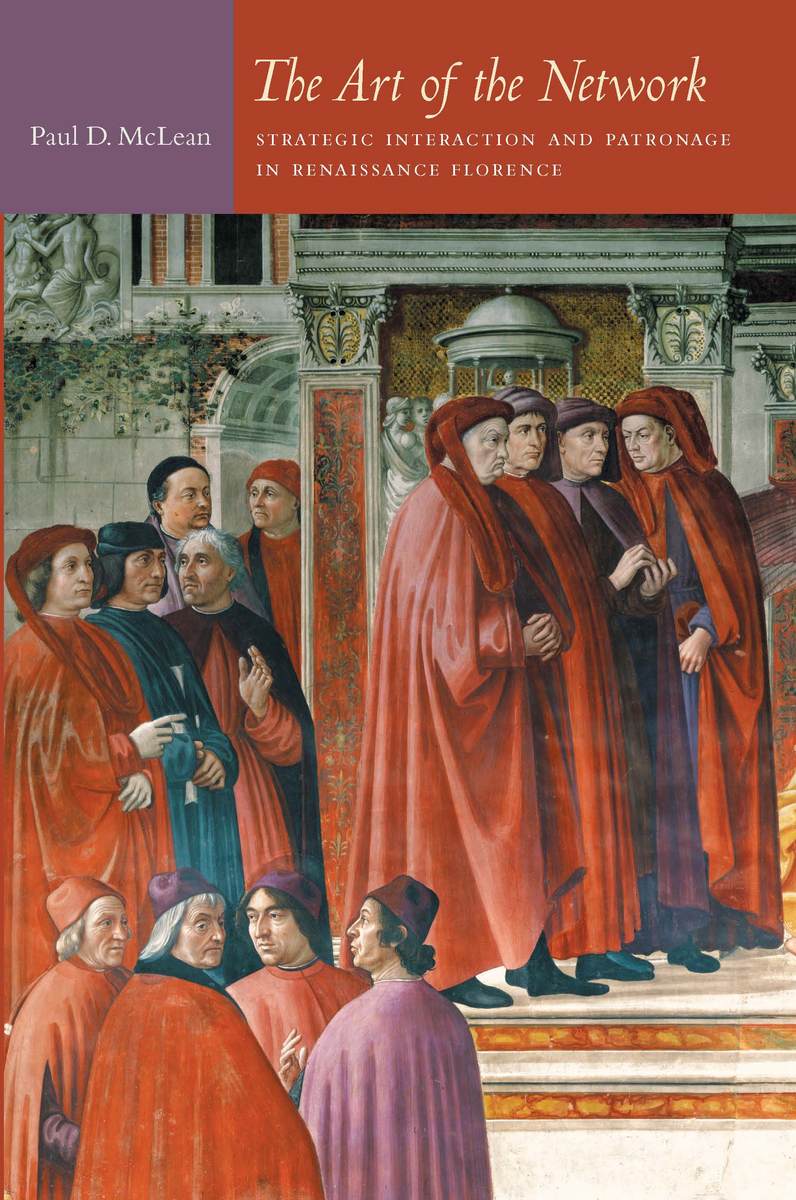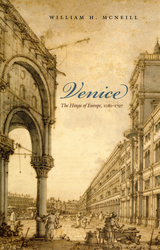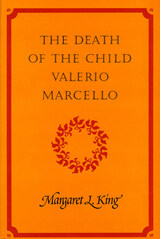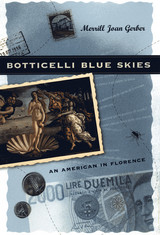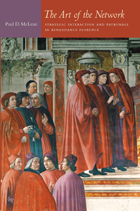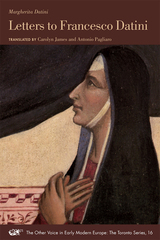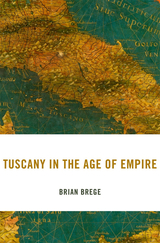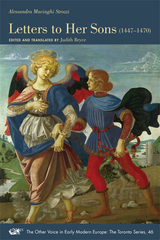Cloth: 978-0-8223-4100-0 | Paper: 978-0-8223-4117-8 | eISBN: 978-0-8223-9036-7 (standard)
Library of Congress Classification DG735.6.M39 2007
Dewey Decimal Classification 945.51
McLean scrutinized thousands of letters to and from Renaissance Florentines. He describes the social protocols the letters reveal, paying particular attention to the means by which Florentines crafted credible presentations of themselves. The letters, McLean contends, testify to the development not only of new forms of self-presentation but also of a new kind of self to be presented: an emergent, “modern” conception of self as an autonomous agent. They also bring to the fore the importance that their writers attached to concepts of honor, and the ways that they perceived themselves in relation to the Florentine state.
See other books on: Adams, Julia | Florence | Florence (Italy) | Social networks | Steinmetz, George
See other titles from Duke University Press
